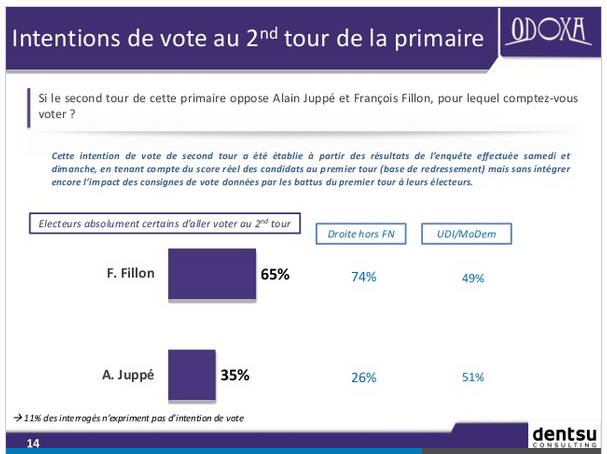Giuseppe Sandro Mela.
2016-11-26.
Il ventitre aprile si terrà in Francia la prima tornata per le elezioni del Presidente della Repubblica.
L’undici ed il diciotto giugno 2017 si terranno invece le elezioni per l’Assemblea Nazionale.
Cambierà radicalmente il Governo Francese, ma con esso siederà in Consigli Europeo una persona diversa da Mr Hollande.
* * * * * * *
La grande fortuna, per i credenti Grazia divina, gli odiatori e detrattori cronici della Chiesa non la conoscono: ne vedono e ne colpiscono solo alcuni aspetti mondani che, tra l’altro, sono tutto fuorché Chiesa.
Il risultato è sequenziale. Pur essendo stata perseguitata in tutti i suoi duemila anni di storia, nessuno dei suoi persecutori è mai riuscito ad annientarla. Ci hanno provato gli ariani ed i longobardi, via via fino a sovietici. Ma anche in questo caso, nonostante settanta anni di sterminio programmato, il Presidente della Federazione Russa adesso va a baciare l’anello del Patriarca di Mosca.
I socialisti europei ci hanno provato, ed alla grande. Ma ora si stanno disgregando come neve al sole.
La Francia, laica e massonica fino al midollo osseo, quella del genocidio vandeano, si trova adesso, con stupore profondo delle persone superficiali, a dover constatare che non aveva per nulla distrutto la Chiesa. Anzi, che il voto dei cattolici è diventato determinante per le elezioni presidenziali. Se lo sono ritrovati dall’oggi al domani, come un coniglio uscito dal cilindro del prestigiatore.
Ci si pensi su bene: il retaggio religioso, storico, culturale e sociale di un popolo non è acqua minerale. Non lo si oltraggia impunemente.
* * * * * * *
«François Fillon’s abrupt surge from also-ran to hot favourite for the French presidency has cast a spotlight on the role played by Catholic voters and hardline activists in designating a conservative candidate for the Elysée Palace.»
*
«Analysts scrambling to explain such a dramatic upturn have pointed to a number of factors, including Fillon’s strong performances in televised debates, business leaders embracing his “Thatcherite” plans to slash taxes and civil servants, tactical voting by left-wingers keen to shut out Sarkozy, and Catholics coming out in droves to back his socially conservative programme.»
*
«Fillon, 62, achieved his highest scores in areas with a strong Catholic tradition, such as the western Vendée region, where he picked up 56 percent of the vote.»
*
«First, you have a small minority of intransigent, ultra-Catholics, who refuse all compromise with liberal morals and multi-culturalism»
*
«The second group, described as “observant Catholics”, account for roughly a third of practising Catholics. “They are attached to the Church’s views on sexuality, families and abortion, but are economically liberal,” he says, referring to an economic platform that, in France, is synonymous with pro-business policies and limited state intervention»
*
«The observant Catholics’ extraordinary ability to mobilise support was illustrated, and no doubt amplified, by the huge protest movement that opposed the Socialist government’s plans to extend marriage rights to same-sex couples»
*
«Gay marriage was passed nonetheless, but its foes soon found new battlegrounds: first fighting reproductive assistance for gay couples, and then whipping up public hysteria about the introduction of “gender theory” in school programmes»
*
«Sens Commun was set up in late 2013 with the stated intent of influencing party policy and weighing on the primary to designate a conservative candidate for the 2017 presidential election»
*
«Sens Commun may look like the decisive factor in Fillon’s success»
*
«Sens Commun’s champion promises to amend the law in order to ban adoptions by same-sex couples»

5 pensieri riguardo “Francia. Dopo decenni di persecuzioni il voto cattolico è determinante.”
I commenti sono chiusi.